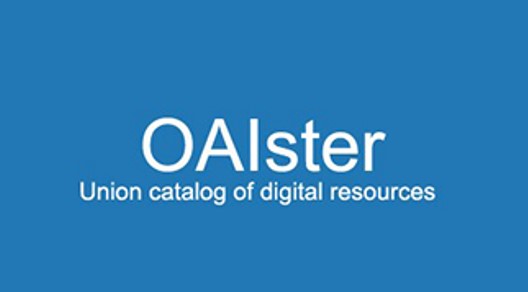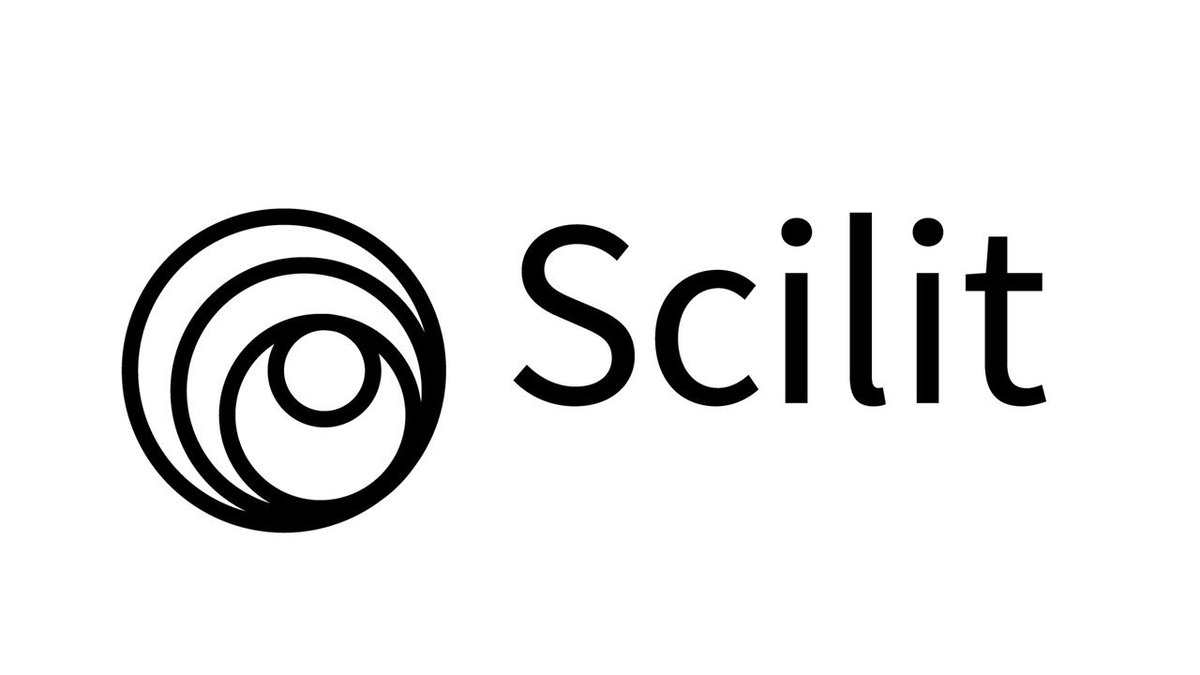A glocalization lens to integrated risk management: the actor as key factor
DOI:
https://doi.org/10.5281/zenodo.6700339Keywords:
Integrated risk management; glocalization; systemic approach; actor; measurement.Abstract
Changes in the environment have enacted salient parallel changes in business management methods, including those related to risk management. Indeed, the latter, which was so far based on risk splitting, is currently called into question. Hence, the concept of integrated risk management bulges out. This concept is actually an outgrowth of the "traditional" approach which used to deal with risk management from a functional perspective. Obviously, succeeding integrated risk management is predicated on organizational factors, such as communication, learning, and coordination whereby the risk is perceived as transversal and transcending the local functional level to a more global and strategic arena of interaction. But it is equally true that neither risk management nor integrated risk management can exist if actors in the companies do not perceive the risk to communicate about in first place. In this paper, we defend the idea that the actor is the most important key in the process of risk management and integrated risk management. Then we propose a new dimensioning of risk through a glocalized approach and including the actor as central to that process.





























